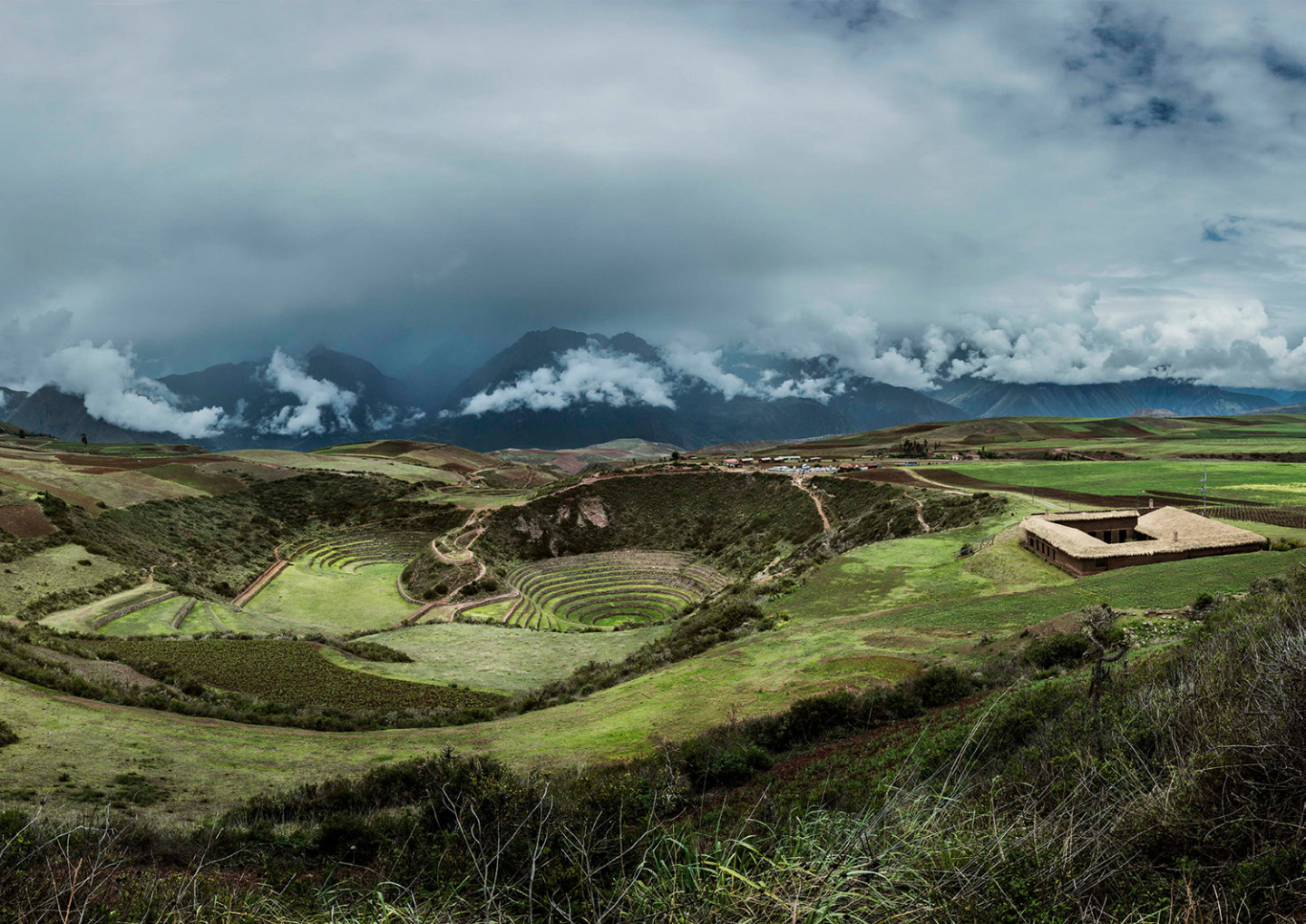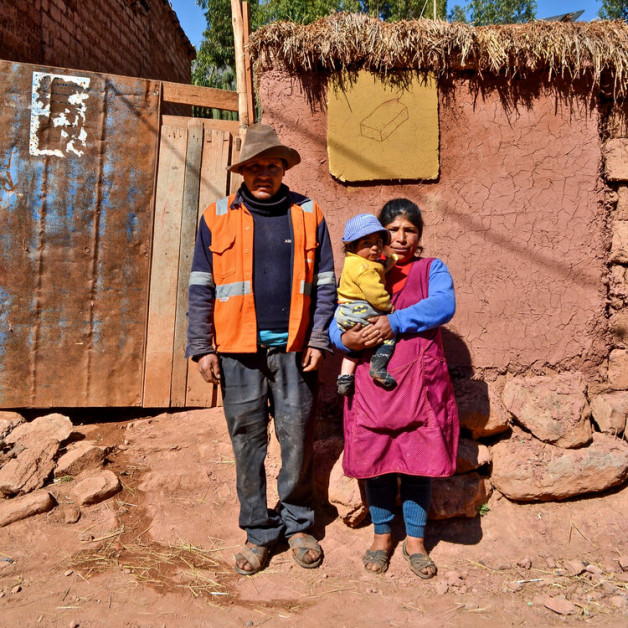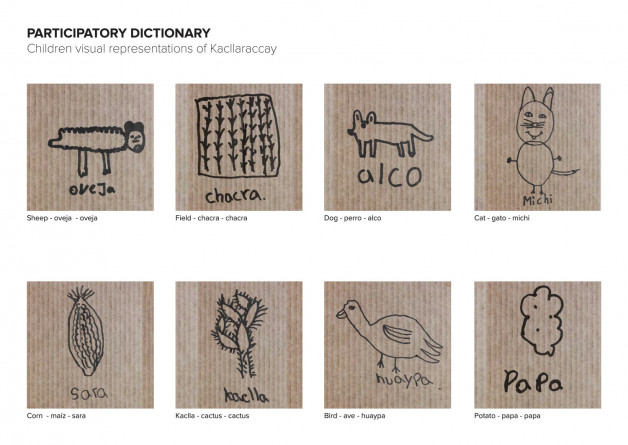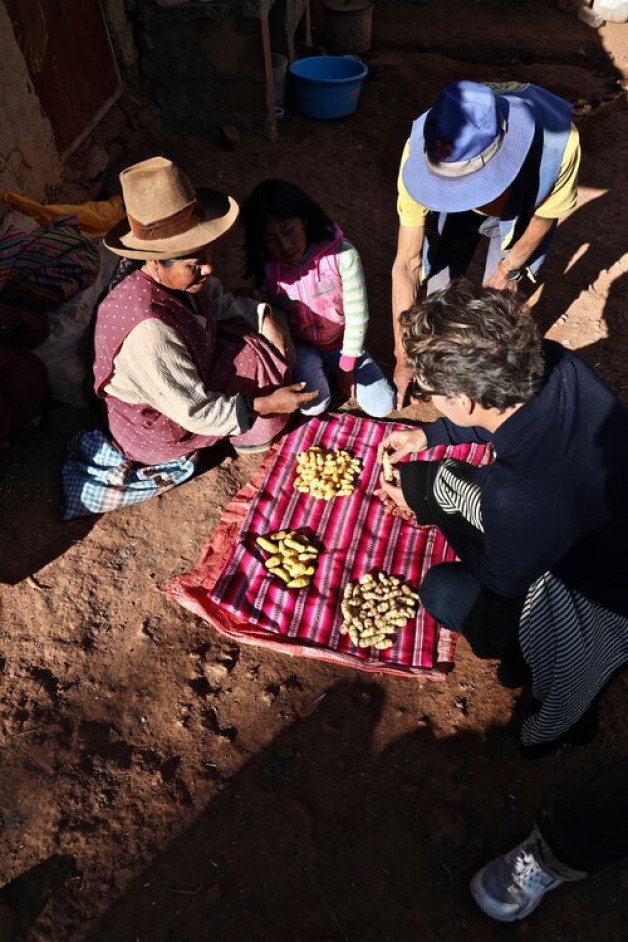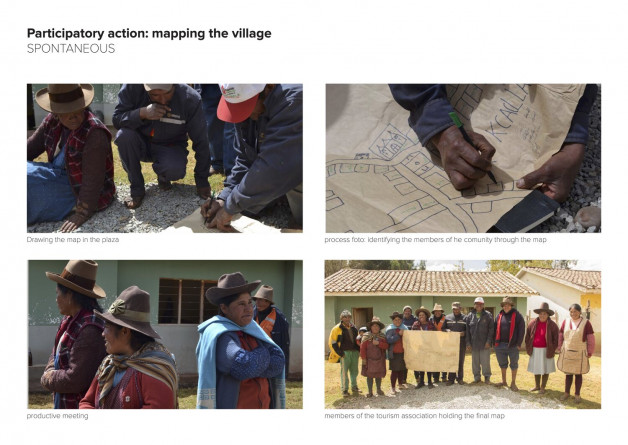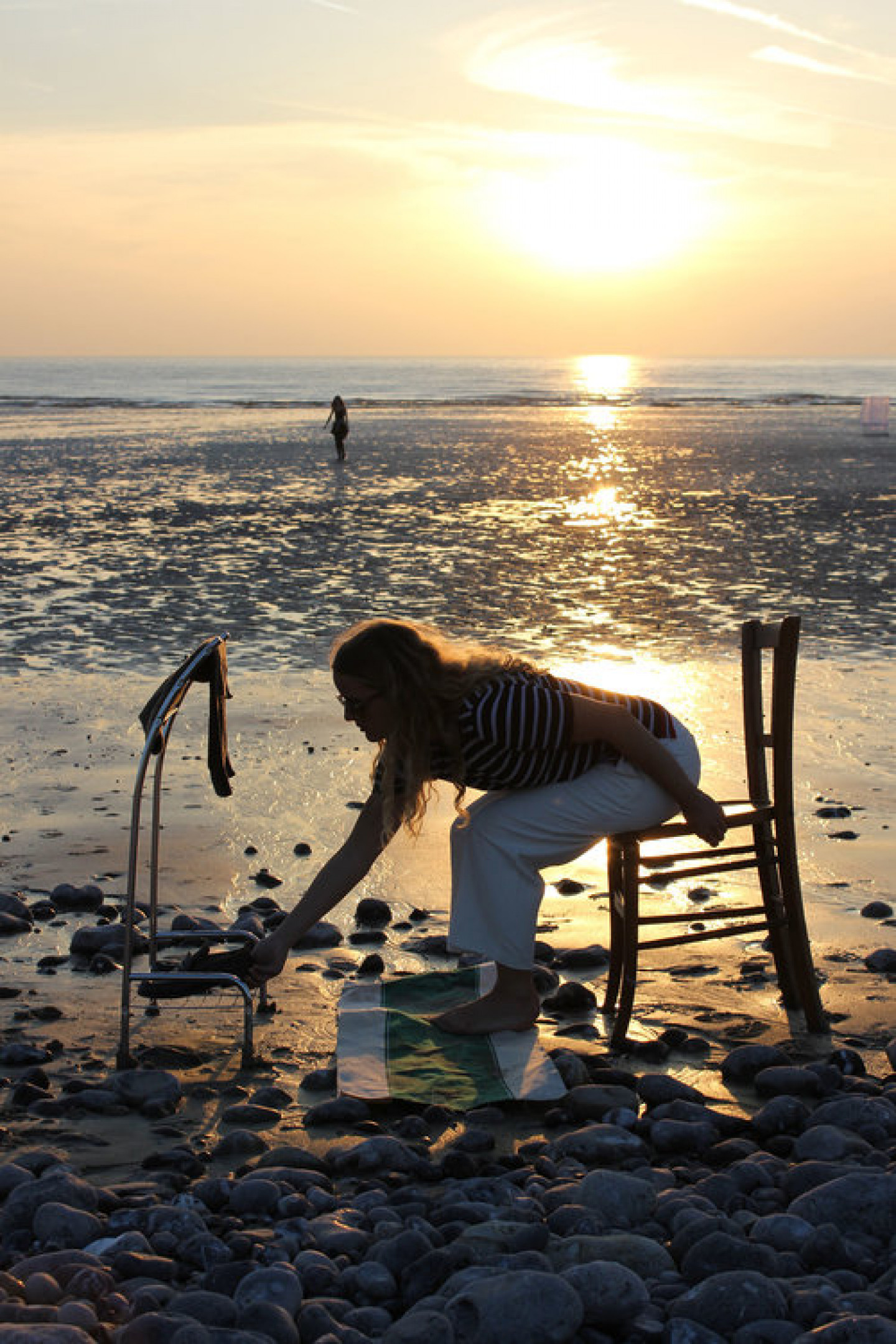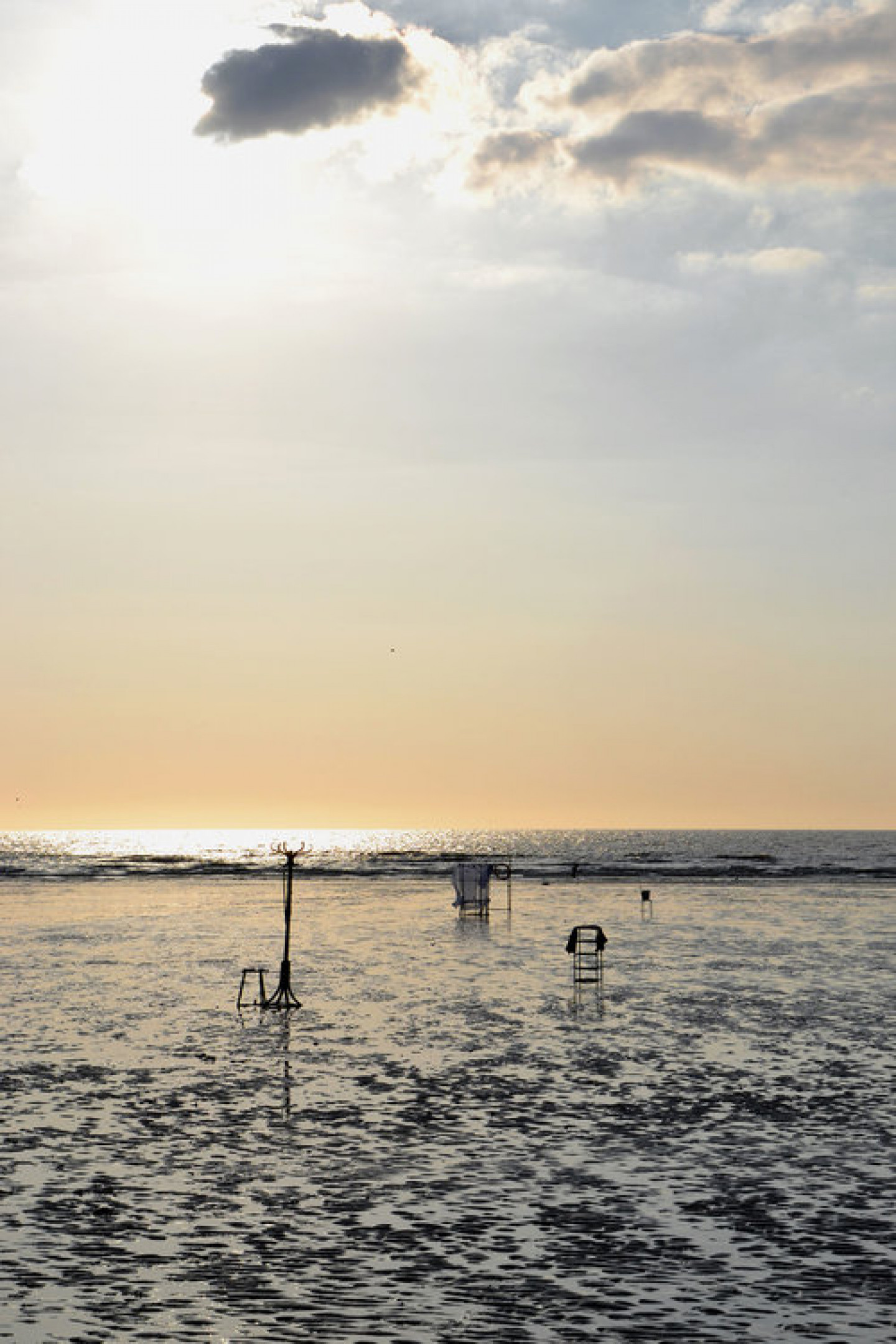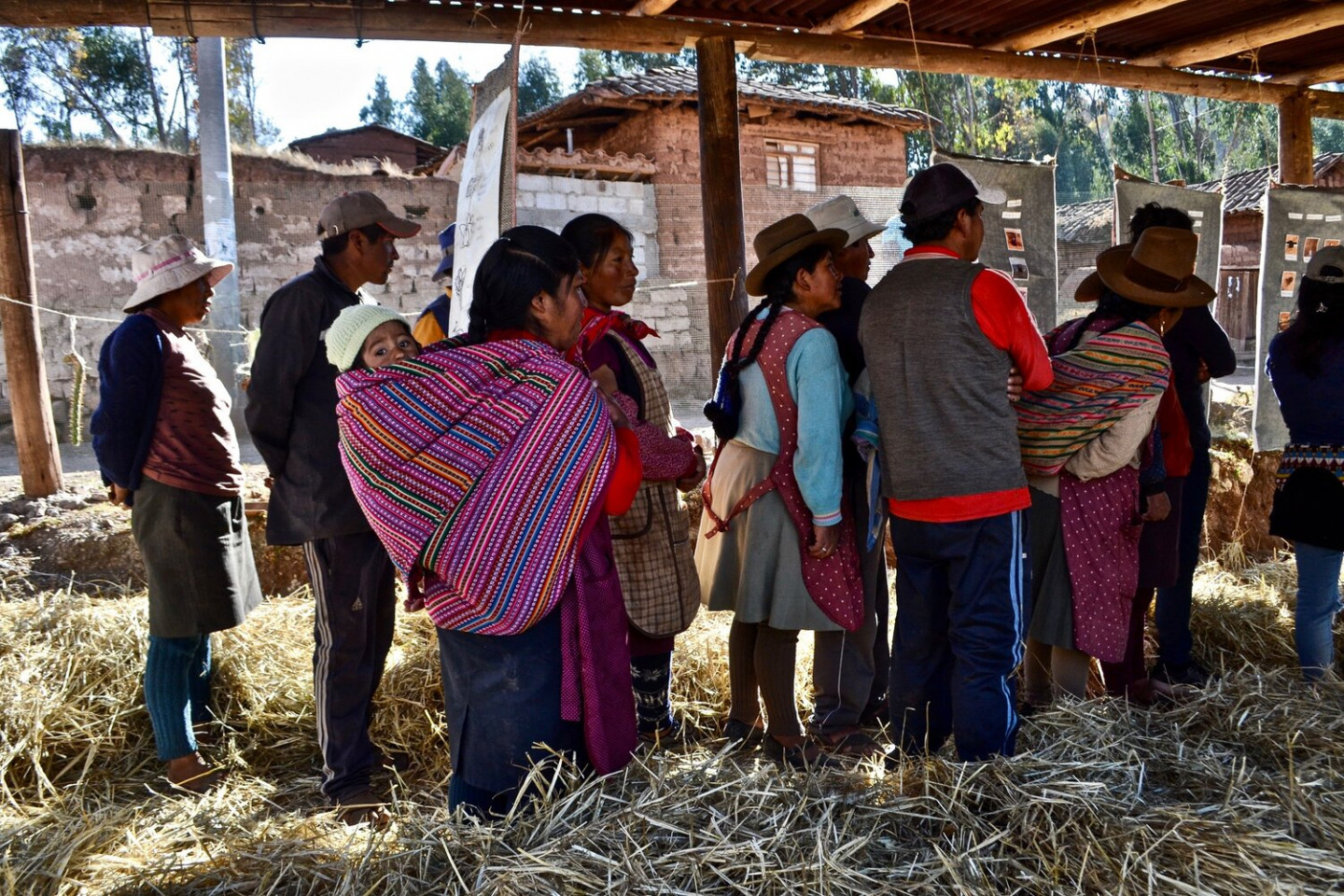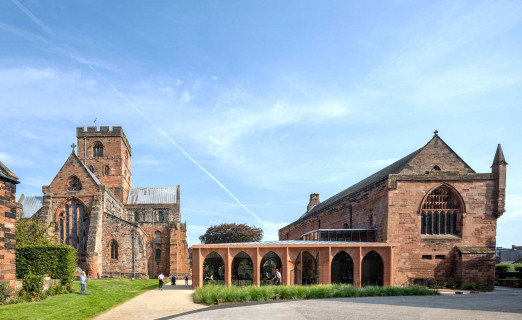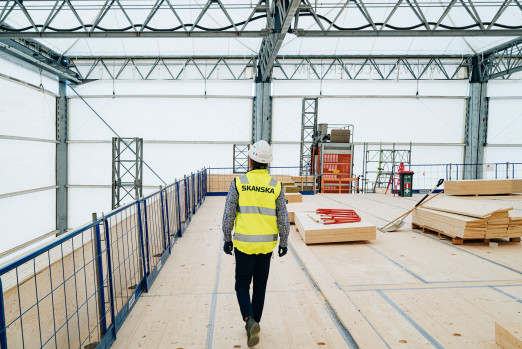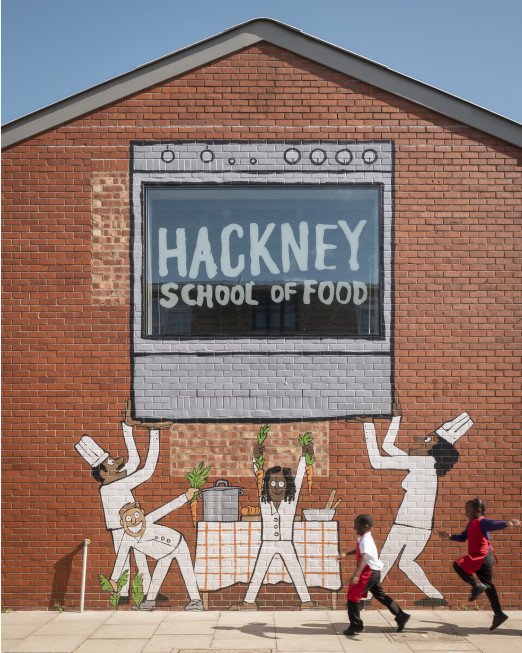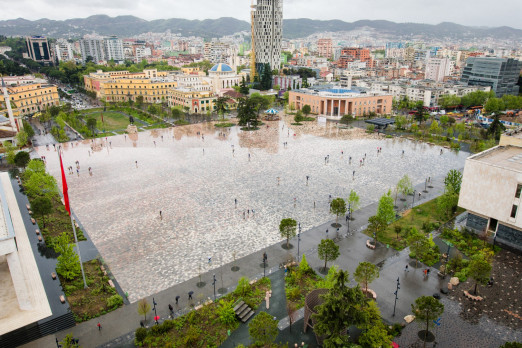Vanessa Norwood looks at the architecture school pioneering site-specific and bottom-up approaches to tourism, with the aim of opening up new models of local economy for a post-COVID world.
Until COVID rewrote the rules of how we live, tourism had experienced continued growth – becoming one of the fastest growing economic sectors in the world with the business volume of tourism equalling or even surpassing that of the oil, food or automobile industries.
The statistics on the impact of the pandemic make for shocking reading. Alongside the tragic number of lives lost, economies have been devastated. Tourism continues to be one of the sectors hardest hit by the coronavirus pandemic, and the outlook for recovery is extraordinarily uncertain. The Organisation for Economic Co-operation and Development (OECD) estimates that international tourism fell by around 80% in 2020.
As we’ve had time to adjust to the ‘new normal’, much has been written about the need to emerge from the pandemic with a more responsible and sensitive approach to the planet. The OECD notes: ‘sustainability may become more prominent in tourism choices, due to greater awareness of climate change and adverse impacts of tourism. Natural areas, regional and local destinations are expected to drive the recovery, consequently shorter travels will result in a lower environmental impact of tourism’.
With mass travel limited, now is the time to consider a different approach and question how we experience the world around us. AA Nanotourism, an experimental teaching and research programme as part of the Architectural Association’s AA Visiting School, may have some interesting answers.
A constructed term, nanotourism was firstly proposed in 2014 by architects Aljoša Dekleva and Tina Gregorič, who led the research group of young professionals during BIO50, the 24th Biennial of Design in Ljubljana, Slovenia, to describe a creative critique towards the current environmental and social downsides of conventional tourism. They have set out to discover and learn from existing examples of responsible practices that could be associated with nanotorusim, and to create new case studies of nanotourism for specific places with participatory processes.
The AA Visiting School programme was set up to promote the idea that new forms of architecture are best learned by hands-on experience, and since 2008 workshops and courses have been set up around the world in rural and urban contexts with a huge range of agenda-driven project briefs.
Aljoša Dekleva, co-Director of architectural practice Dekleva Gregoric, is leading the AA nanotourism Visiting School as a set of yearly run workshops that have developed case studies in various locations around the world using a site-specific and bottom-up approach to conventional tourism, with the aim of opening up new models of visiting and experiencing places, possibly resulting in new local micro-economies.
The AA Nanotourism Visiting School focuses on three interrelated topics of research: place, users and materials through which it aims to understand the local character of a place; it’s people and culture, social organisations, values; and the specifics of available local materials for construction. The programme started in the small town of Vitanje in central Slovenia in 2014 and over the past seven years has focused its attention on Ault in northern France, Honolulu, Cusco in Peru and Vienna in Austria. Teaching aims to move beyond ‘design’ with the premise that process is just as important as the final project.
Responses to the location, the brief and onsite research range from imaginative provocations such as the armatures needed for successful bathing rituals on the beaches of northern France where tourism has begun for lustrous Parisians at the turn of 19th century; to the creation of simple communication tools that allow visitors of the fine dining Centro Mil by renowned chef Virgilio Martinez to better understand the local context of food resources in Moray in Peru. Students work closely with the local community with the intention that tourism should not have a negative impact on the daily life of inhabitants.
In the village of Kacllaraccay, located nearby Moray in Peru, the project team worked in collaboration with the members of the community to identify language as the main resource of exchange and a celebration of everyday life. Working with local primary school children a system of line drawings were developed that broke down the barriers between Quechua, Spanish and English to create a language that can be understood by anyone. The Open Patios project created dictionary booklets made from corn husks, signage and an installation with a map and informative posters to learn about the social and cultural history of Kacllaraccay and its community (that serves as an inspiration and a place of resources for Virgillio’s fine dining menu concept, based on local, high-altitude ingredients.)
Nanotourism encourages thinking through travelling and while it is unlikely to challenge mass tourism, as the world moves back into reach it seems a timely reminder that it is more important than ever to tread lightly.
Find out more at:
www.ted.com/talks/aljosa_dekleva_nanoturizem
Open Patios
Project team:
Theresa Kettner – Czech Republic
Rodrigo Martel – Peru
Alessandra Meinardo – Peru
Angeles Órtiz – Ecuador
Mentors:
Aljoša Dekleva
Rafael Freyre
Jakob Travnik
Co-Mentors:
Francesco d’Angelo
Amanda Sperger
Down the sea
Project team:
Roberta Alecrim Trindade - Brasil
Alice Foreman - United Kingdom
Mathilde Redouté - France
Maruša Žemlja - Slovenia
Mentors:
Aljoša Dekleva, Christian Pottgiesser
Co-mentor:
Jakob Travnik
